13 Women Scientists Who Changed History
Science and discovery have played an important role in human progress. Many achievements in this field belong to women scientists. In addition to their work, these women have pioneered gender equality and women’s participation in science.
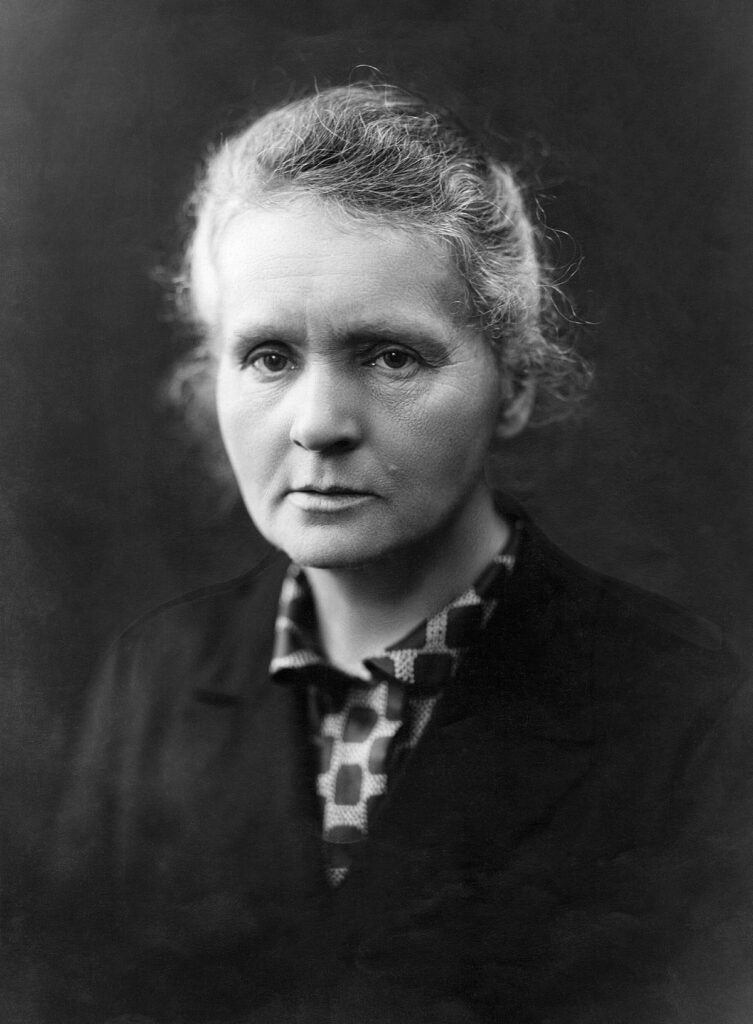
Marie Curie was a Polish-French physicist and chemist known for her research on radioactivity. In 1903, she became the first woman to win the Nobel Prize in Physics for discovering radioactivity. In 1911, she won the Nobel Prize in Chemistry for isolating the elements radium and polonium.
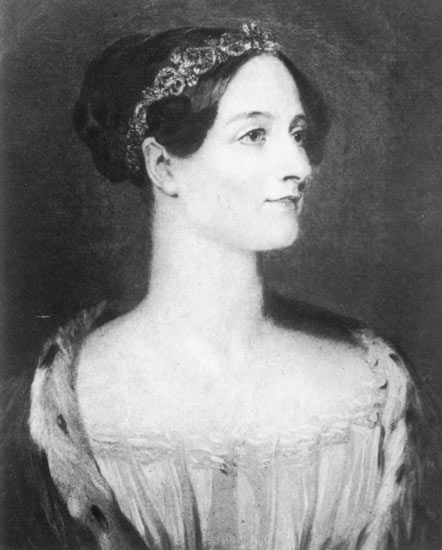
Ada Lovelace was an English mathematician and writer who is considered the first computer programmer. Her algorithm for Charles Babbage’s Analytical Machine is considered the first computer program.
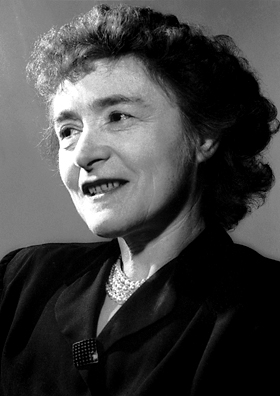
Gerty Cori is a Czech-American biochemist known for his research on glycogen metabolism. In 1947, he won the Nobel Prize in Physiology or Medicine for his discovery of the processes of glycogen phosphorylation and glycogenolysis.
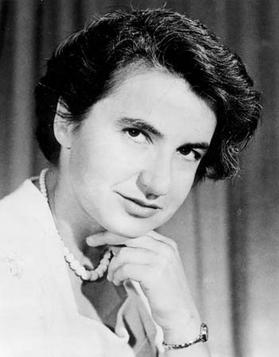
Rosalind Franklin was a British chemist and crystallographer who played an important role in the work to discover the structure of DNA. Using X-ray crystallography, she revealed the double helix structure of DNA.
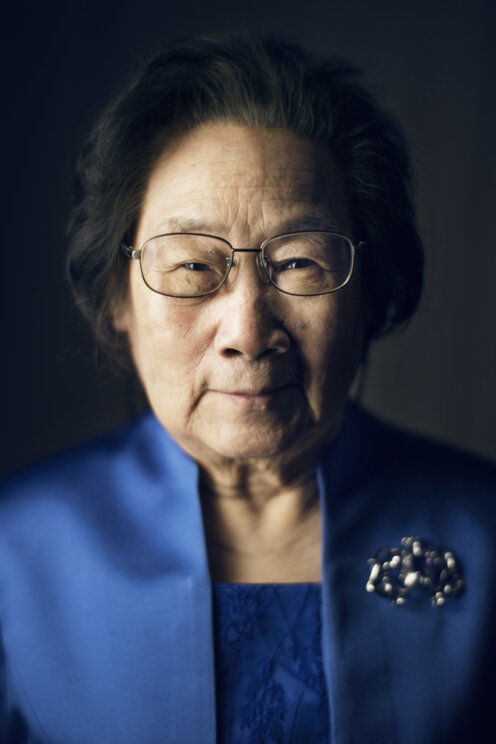
Tu Youyou is a Chinese chemist known for the discovery of artemisinin and its derivatives used to treat malaria. In 2015, she won the Nobel Prize in Physiology or Medicine for her work to develop new drugs to treat malaria.
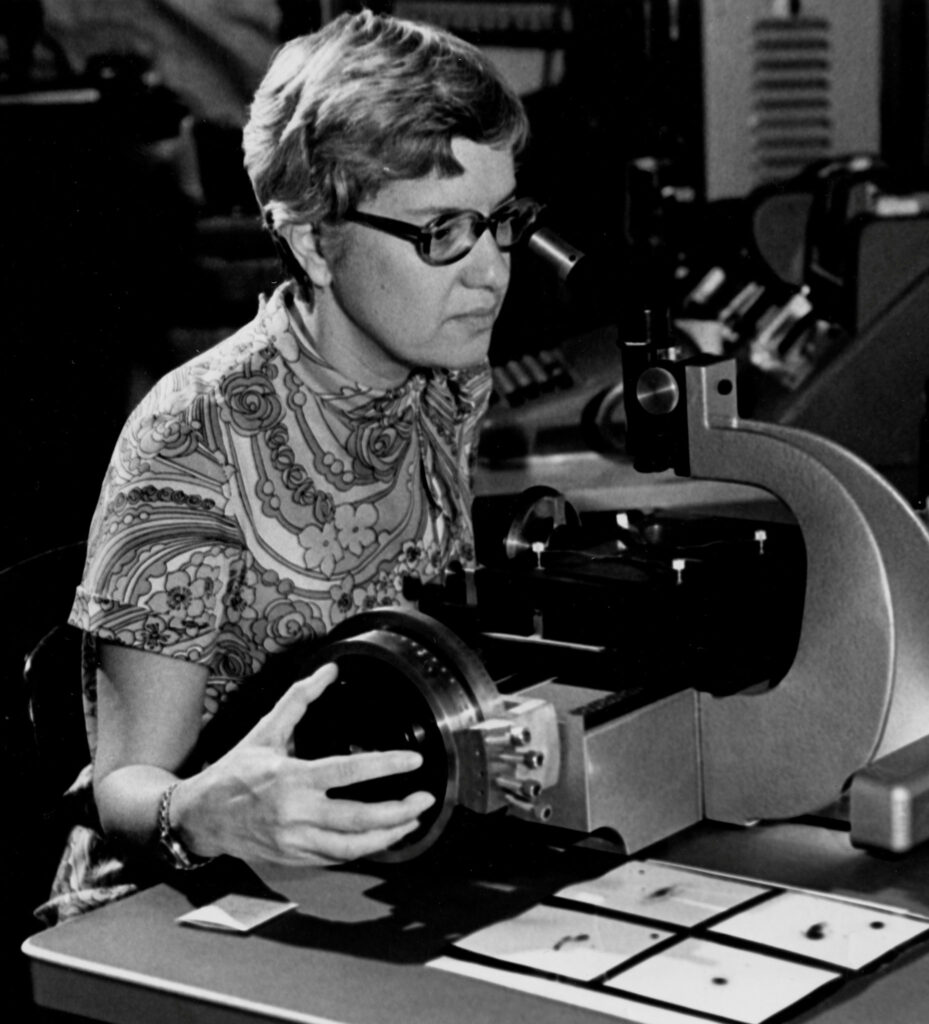
Vera Rubin was one of the first scientists to show that the universe is expanding by studying the rotational velocity of galaxies. This work contributed significantly to the development of the dark matter theory.
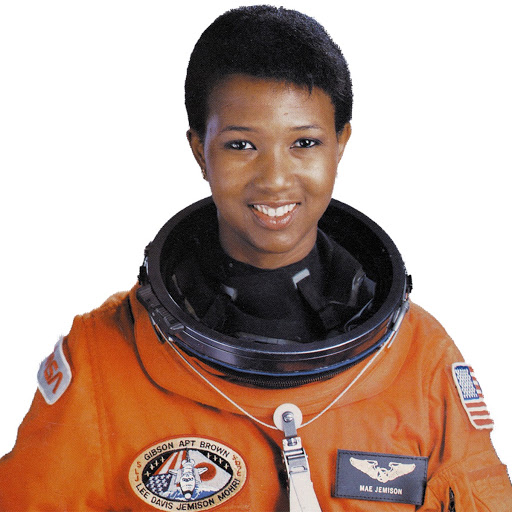
Mae Jemison was the first African-American woman astronaut. In 1992, Jemison traveled to space aboard the space shuttle Endeavor and stayed in space for seven days.
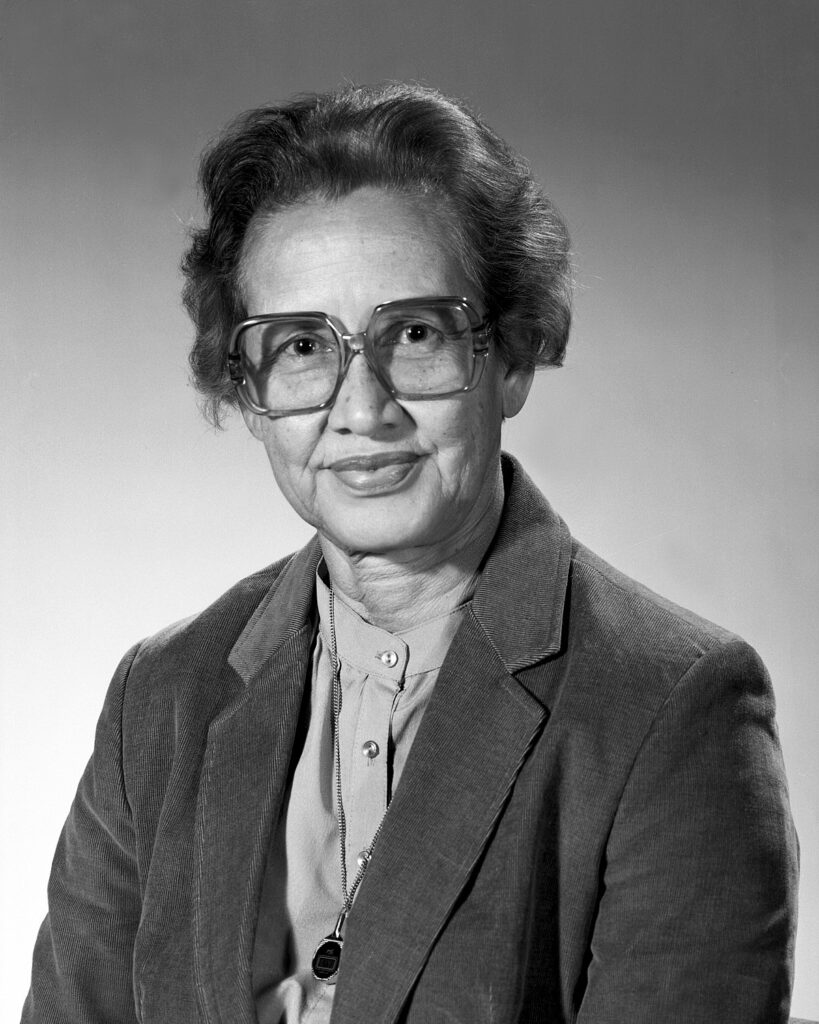
Katherine Johnson was an American mathematician who played an important role in the success of the Apollo 11 mission. She performed the calculations necessary for the lunar landing and played an important role in the development of NASA’s early space program.
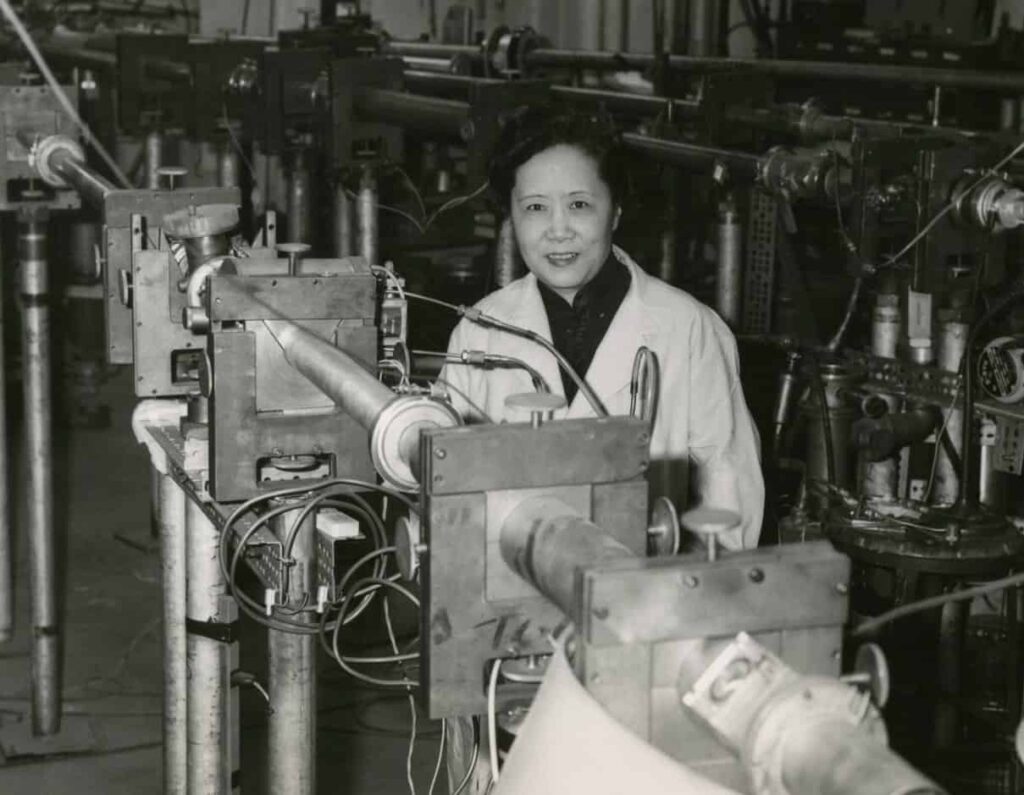
Chien-Shiung Wu is a Chinese-American physicist. She is known as the “Queen of Nuclear Physics” for her important contributions to particle physics. In 1957, Wu became the first Chinese woman to be nominated for the Nobel Prize in Physics for performing the first experiments that violated the parity law.
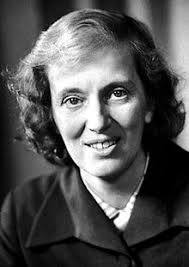
Dorothy Hodgkin was a British chemist known for her work in X-ray crystallography, which she used to determine the structure of molecules such as vitamin B12, penicillin and insulin. In 1964, she won the Nobel Prize in Chemistry for determining the structure of vitamin B12.

Hedy Lamarr is an Austro-Hungarian-American actress and inventor. During the Second World War, she developed a communication system that allowed radio frequencies to be bypassed to avoid enemy radar. This system is used today in wireless communication systems such as Wi-Fi and Bluetooth.
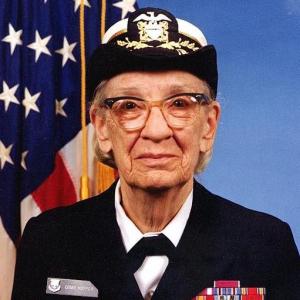
Grace Hopper is an American computer scientist who played an important role in the development of computer programming languages. She pioneered the development of the COBOL programming language and is known as the “Mother of the Navy” for her contributions to computer science.
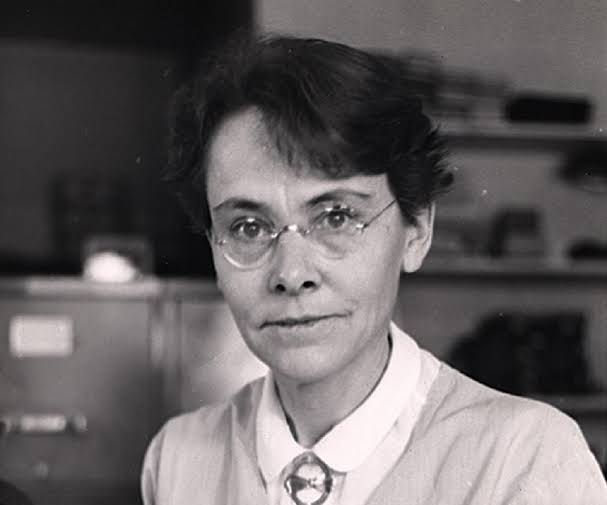
Barbara McClintock is an American geneticist known for her research on the mutation and recombination processes of chromosomes. Winner of the Nobel Prize in Physiology or Medicine for the discovery of transposons, McClintock is one of the most important figures in the field of genetics.
Women of science have played an important role in the progress of humanity. Marie Curie, who discovered radioactivity, Ada Lovelace, the first computer programmer, and Gerty Cori, the first female chemist to win the Nobel Prize, have made history with their contributions to science. Their achievements continue to inspire women’s participation in science today.


